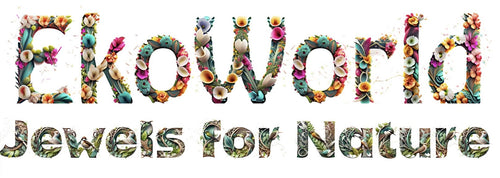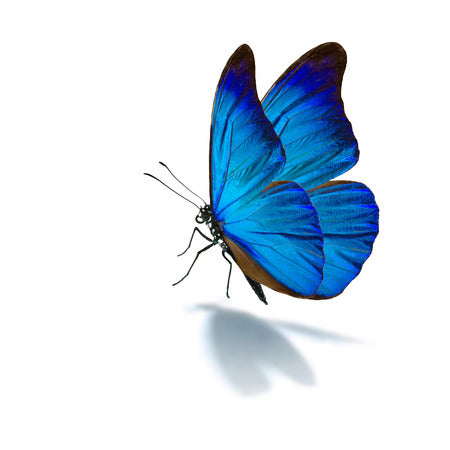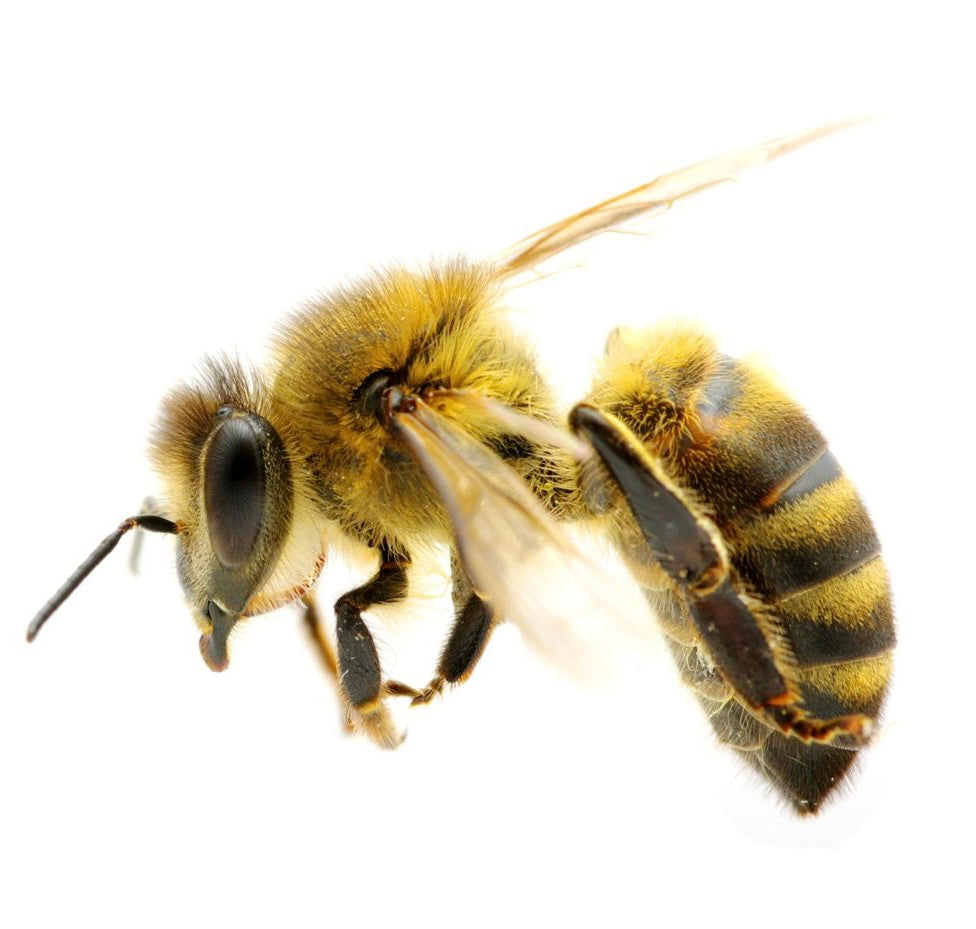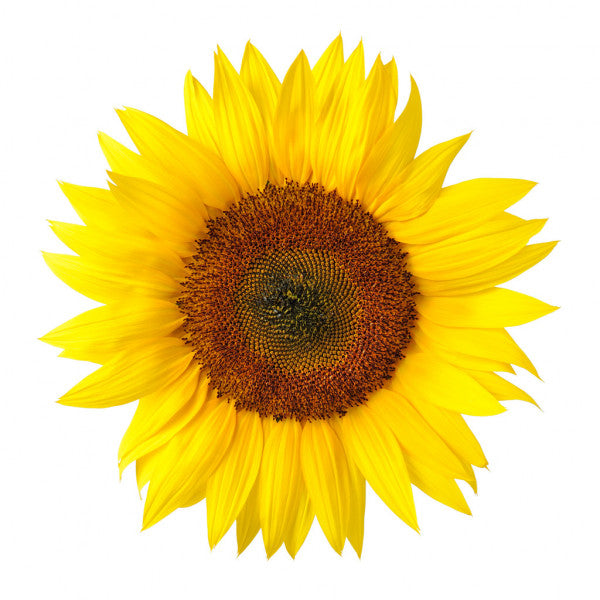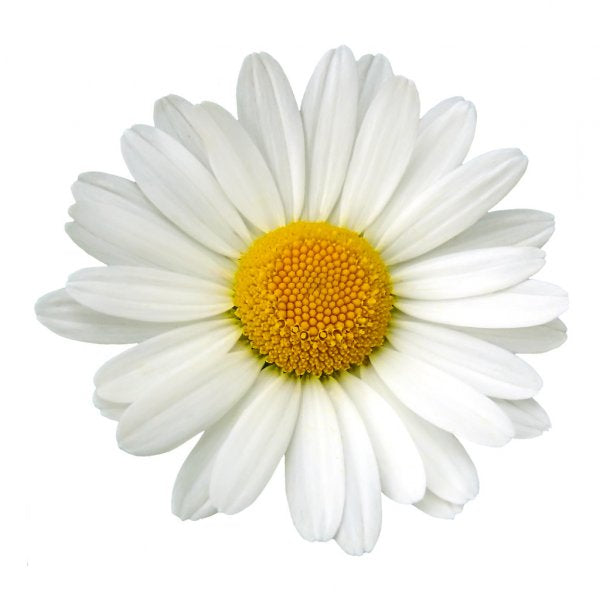EkoWorld Jewels
Sakura Flower Ring in 925 Silver and Zircons
Sakura Flower Ring in 925 Silver and Zircons
Couldn't load pickup availability
Free shipping
Free shipping
Returns and exchanges within 30 days
Returns and exchanges within 30 days
Returns and exchanges up to 30 days after receiving your order!
The return can be requested within 14 days of receiving the order, and made within 30 days after receiving the order.
10% discount if you add it in the 🛒
10% discount if you add it in the 🛒
Unlock an additional discount when you buy multiple items!
The more you buy, the more you save! ❤️
The more you buy, the more you save! ❤️
The more you buy, the more you save!
Buy 2 Items with 15% discount
Buy 3 Items with 20% discount
Buy 4 Items for 25% off
- Description
- Specifiche
- Guida alle misure
In Japan, the cherry blossom (sakura) is the unofficial national flower.
Starting from the Heian period (794-1185), every year in spring, on the anniversary called hanami (literally it means "looking at the flowers" but the term is used exclusively in reference to the cherry blossom), the Japanese celebrate the ephemeral beauty of sakura , one of the symbols of Japan, so strongly present in the culture of the Land of the Rising Sun.
The call of the cherry blossom goes beyond its evident beauty, what is striking is its transience, its being in full bloom for only a few days.
The true sense of the hanami tradition does not consist in looking at the spectacle offered by the beauty of the flowers on the tree but in observing with a hint of sadness and emotion how they fall from the tree, carried by the spring breeze in the short journey that separates them from the earth again. cold. A sweet and at the same time melancholy way to remember that every life is destined to end.
Despite this, it is not a sad occasion, quite the contrary! A blue plastic sheet is spread under each flowering tree and the joy of food and company is added to the aesthetic pleasure of standing under a delicate shower of petals.
Hanami is a chance to catch up with friends, organize picnics and enjoy plenty of food and sake.
In fact, Hanami is celebrated in April and spring also symbolizes a moment of rebirth and generating strength. The cherry blossom has always been seen as a premonitory sign of the richness of the rice harvest, as a wish for prosperity.
As such, the custom of offering cherry blossom infusions at weddings must be interpreted.
Thus the students, who start a new school year in April, and the new graduates or graduates who enter the world of work every year, in the same month, see in the cherry blossom a sign of good omen for their future.
Most of the cherry trees in Japan belong to the Somei Yoshino and Yamazakura varieties but there are over a hundred different varieties throughout the country.
Among the distinctive features, the main one is represented by the number of petals of cherry blossoms. Most wild cherries but also cultivated ones have flowers with five petals, some species have flowers with ten, twenty or more petals.

In symbolism we find more frequently the five-petaled sakura with evident references to the five orientations of Japanese esoteric Buddhism (the four cardinal points and the center), to the five sacred Japanese elements (earth, water, fire, air and void) to which the famous samurai Miyamoto Musashi titled the five "books" that make up his work, the Gorin No Sho (book of the five rings). Still in five parts, according to the Japanese cosmogony, the god of fire was cut from Izanagi, after Izanami's death and from the five parts was created Oyamatsumi, one of the most ancient and revered mountains ...
But the cherry blossom is also closely linked to Bushidō, the chivalric ideal of the Japanese warrior ( Bushi ). The sakura embodies and symbolizes the qualities of the samurai: purity, loyalty, honesty, courage.
As the cherry blossom, ephemeral and fragile, dies in its full splendor leaving the branch, so the samurai, in the name of the princes he believes in, is ready to leave his life in battle.
It is the image of an ideal death, pure, detached from the transience of life and from earthly goods.
We find the symbolism of the sakura in the Second World War, the image of the cherry blossoms falling often recurs in the last letters written by Kamikaze to families before their suicide mission.
The cherry blossom was also reproduced on the sides of the ohka , rocket-guided bombs used against American ships in Okinawa.
At the controversial Yasukuni-jinja Shinto temple in Tōkyō, a shrine that houses the national museum in memory of the Japanese dead, cherry blossoms still symbolize the rebirth of soldiers who fell in war.
Poetry and painting have also celebrated the cherry blossom for centuries. And dedicating to all of you a beautiful haiku written by the poet and painter Yosa Buson (1715-1783) seems to me the best way to conclude this article:
Cherry blossoms fall
on the stretches of water of the paddy field:
stars, in the light of a moonless night
30 DAY MONEY BACK GUARANTEE
are you not satisfied with your purchase? You will have the option to return it and receive a full refund within 30 days of payment.
- √ ANELLO IN ARGENTO 925 STERLING APERTO REGOLABILE AAA ALTA QUALITÀ: Il nostro anello è realizzato in argento 925 sterling massiccio, noto per la sua resistenza, luminosità e lucentezza. L'argento Sterling dei nostri anelli resiste all'ossidazione.
- Il rivestimento in rodio garantisce una lucentezza duratura e rende gli anelli di argento 925 resistenti all'ossidazione!
- Senza nickel, senza piombo, e senza cadmio per prevenire eventuali reazioni avverse.
- √ ADATTO AD OGNI OCCASIONE: Aggiungi stile al tuo look casual con questo solido anello in argento 925. Anello da indossare per chi ha una personalità unica ed emozionante. Perfetto da indossare tutti i giorni per un look che fa tendenza, a prescindere da quale sia dall'occasione. Un'aggiunta abbagliante per la tua collezione di gioielli!
- √ DESIGN MODERNO ED ANELLO REGOLABILE: Il nostro anello è unico e moderno. Calza alla perfezione le tue dita, e potrai sempre correggerne la dimensione. L'anello aperto regolabile è realizzato con un design che lo rende elegante e trendy.
- √ UN REGALO MERAVIGLIOSO PER TUTTE LE OCCASIONI Regala a qualcuno di speciale un gioiello lussuoso e raffinato da sfoggiare con stile giorno e notte.
- √ ECCELLENTE SERVIZIO POST-VENDITA Tutti i nostri anelli devono superare rigorosi test e controlli di qualità prima di essere messi in vendita. Se per qualsiasi motivo non sei completamente soddisfatto dei nostri set di anelli, contattaci entro 60 giorni e ti rimborseremo, senza chiedere ulteriori spiegazioni.
I gioielli EkoWorld sono progettati dai migliori designer di gioielli, sono semplici ma eleganti. Ci impegniamo a fornire gioielli unici e di alta qualità.
EkoWorld crea costantemente gioielli raffinati, concentrandosi sul perfezionare la qualità dei gioielli. Inoltre i nostri prodotti vengono sottoposti al test sanitario SGS, per la certificazione della qualità.
Materiale del prodotto:
argento Sterling 925.
Consigli per la manutenzione:
1. Evitare il contatto con sostanze acide, alcaline e corrosive.
2. Evitare l’urto con altri oggetti che potrebbero graffiarne la superficie.
3. Evitare il contatto con profumi, lozioni per il corpo, spray per capelli od ogni altro prodotto chimico che potrebbe danneggiare la lucentezza del metallo.
4. Evitare di indossare questo accessorio in caso di forte sudorazione, sotto la doccia, quando si dorme, ecc.
Nota bene:
1. Potrebbe esserci una differenza nelle misure del 2-3% a causa della misurazione manuale.
2. Le fotografie riproducono il prodotto reale; potrebbero esserci differenze di colore e aspetto a causa delle impostazioni dei diversi monitor sui quali le immagini vengono visualizzate.
Tutti i nostri Anelli in catalogo sono aperti e quindi regolabili!
Con il passare degli anni, le nostri mani si trasformano e può capitare, dunque, di avere problemi con gli anelli. In realtà, in tante situazioni è possibile scoprire che un anello risulta essere troppo grande e non è certamente solo una questione di età.
La scoperta, infatti, può avvenire subito dopo un acquisto o un regalo errato, dopo avere seguito una dieta ferrea o con l’abbassarsi delle temperature.
Ma le casistiche non finiscono qui.
Può accadere di dovere spostare l’anello su un altro dito per un breve periodo, di avere un gioiello con una pietra grande che tende il più delle volte a scivolare verso il basso, dalla parte del palmo della mano per intenderci, creando fastidio nelle attività di tutti i giorni, di volere portare due anelli sullo stesso dito senza che girino e si ostacolino tra di loro.
Il rischio maggiore nell’indossare un anello troppo largo, appare chiaro, è che improvvisamente ci scivoli e vada perso.
Una soluzione semplice c’è.
Acquistare un anello regolabile EkoWorld.
Per avere la misura perfetta, basterà semplicemente indossarlo e adattarlo al dito scelto con le proprie mani, restringendolo o allargandolo fino alla misura desiderata.
Questa soluzione, disponibile in tutti i nostri anelli a catalogo, è perfetta per adattarsi a tutte le misure e per fare in modo che l'anello possa accompagnarvi per sempre, spostandolo da un dito all'altro per abbinarlo alla perfezione con gli altri gioielli.
Una soluzione decisamente economica e duratura che garantisce una perfetta vestibilità e si adatterà ad ogni singolo cliente.
Checkout safely using your preferred payment method
Recently Viewed
Discover all the jewels
-
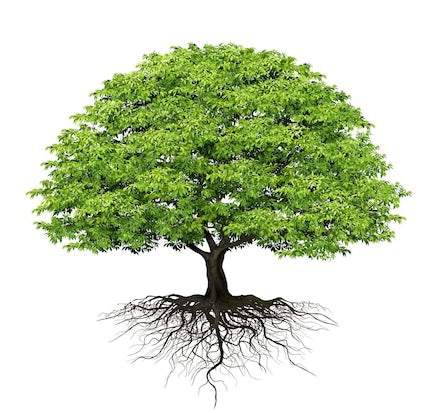
Tree of Life
The Tree of Life commonly represents the interconnectedness of everything in the...
-
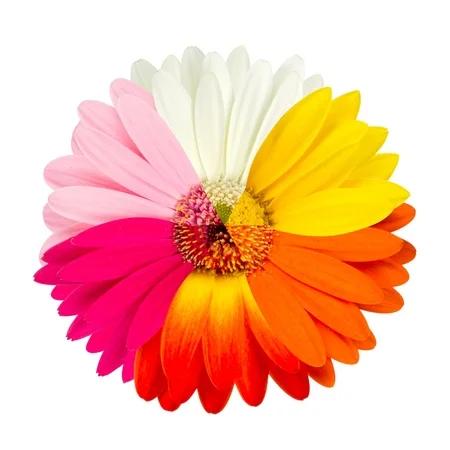
The magic of Flowers
Floriography is the 'language of flowers'. Dating back to the Victorian times...
-

World Fruit Jewels
Jewels in 925 Silver and Natural Stones inspired by the world of...
-

Animal Kingdom
The animal kingdom has been a rich source of inspiration for jewellery...

Turtle ring
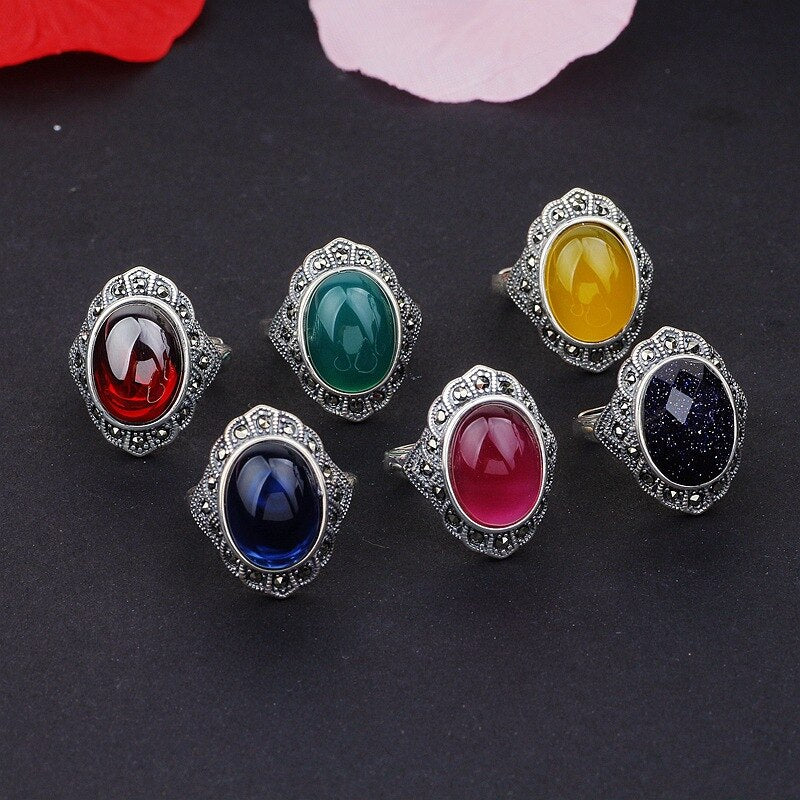
Natural Stone Ring
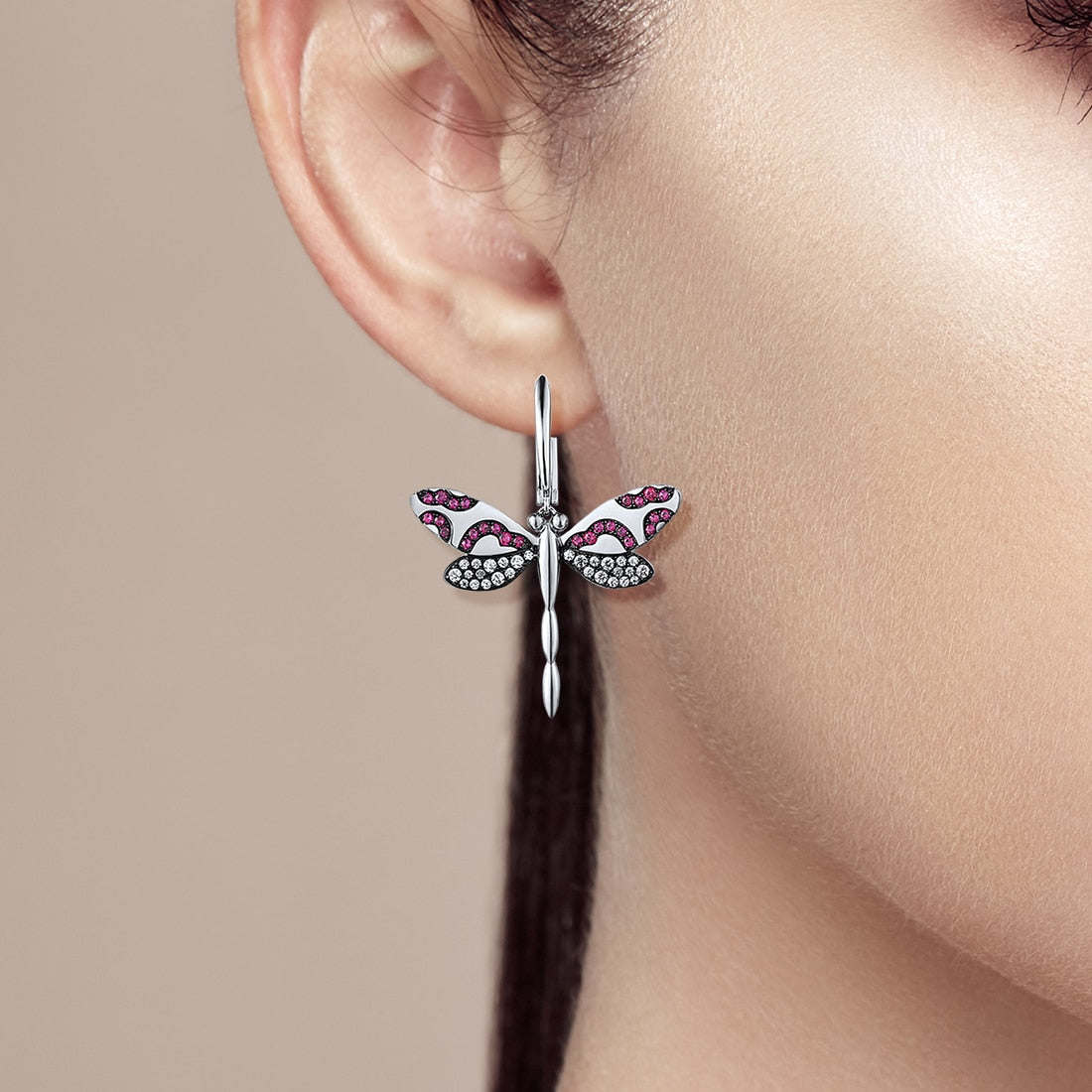
Dragonfly earrings
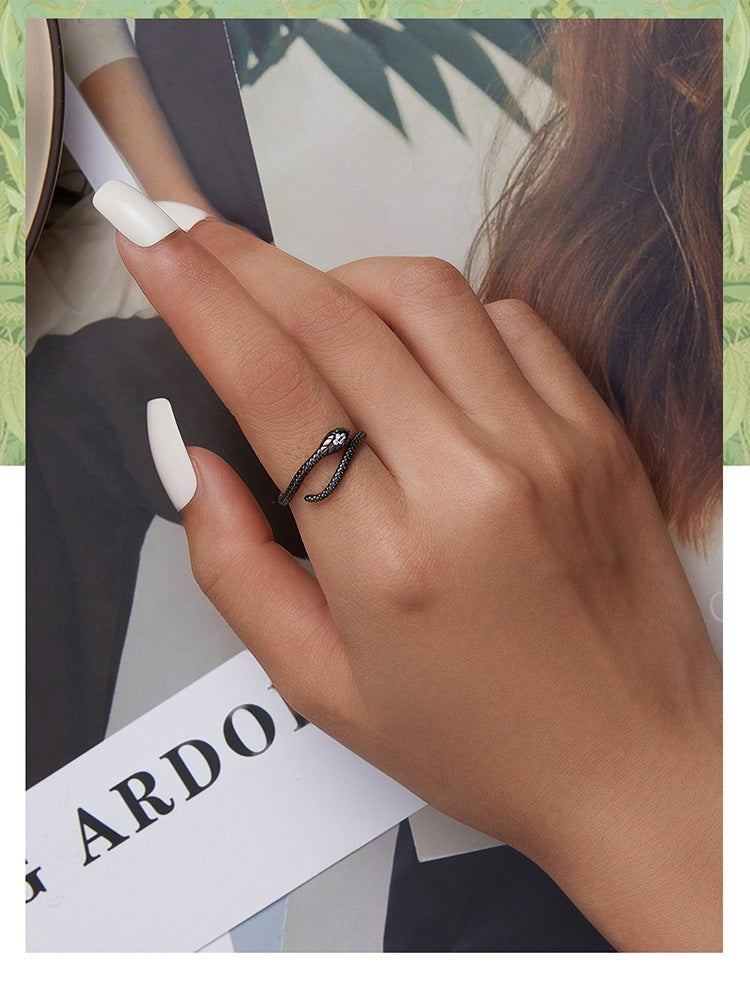
Serpent Ring
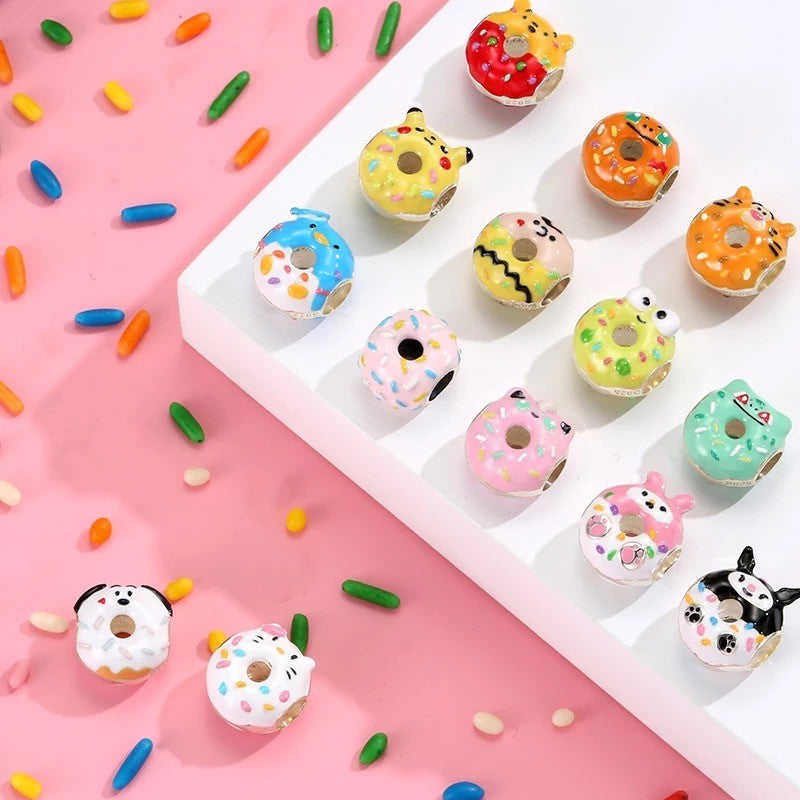
Donut Charm
Popular caregories ...
View all-
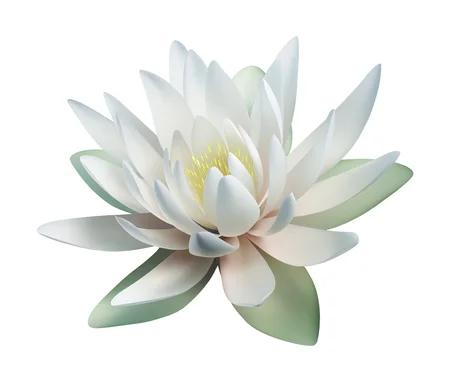
Lotus flower
Lotus Flower Inspired Jewelery ...
-
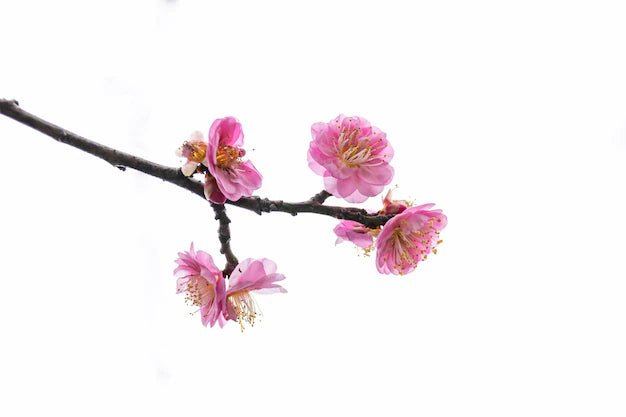
Plum blossom
Jewelery inspired by the Plum Blossom
-
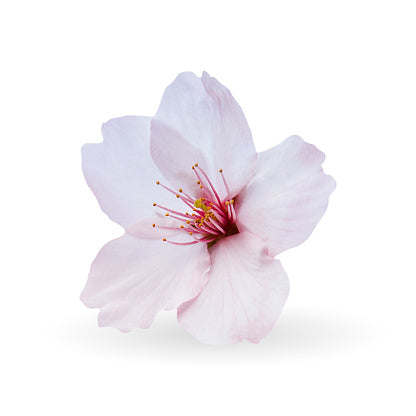
Sakura flowers
Sakura flower inspired jewelry ...
-

Guaranteed quality
Over 25,000 satisfied customers worldwide. -

Secure payment
We entrust the management of our online payments to Stripe and Paypal , 100% safe. -

Money Back Guarantee
Returns are possible up to 30 days from receipt of the items.

4,98 su 5 stelle
Basato su oltre 300 Recensioni.
Visualizzane una selezione o inviaci una tua foto per ottenere un Buono da 10 €
